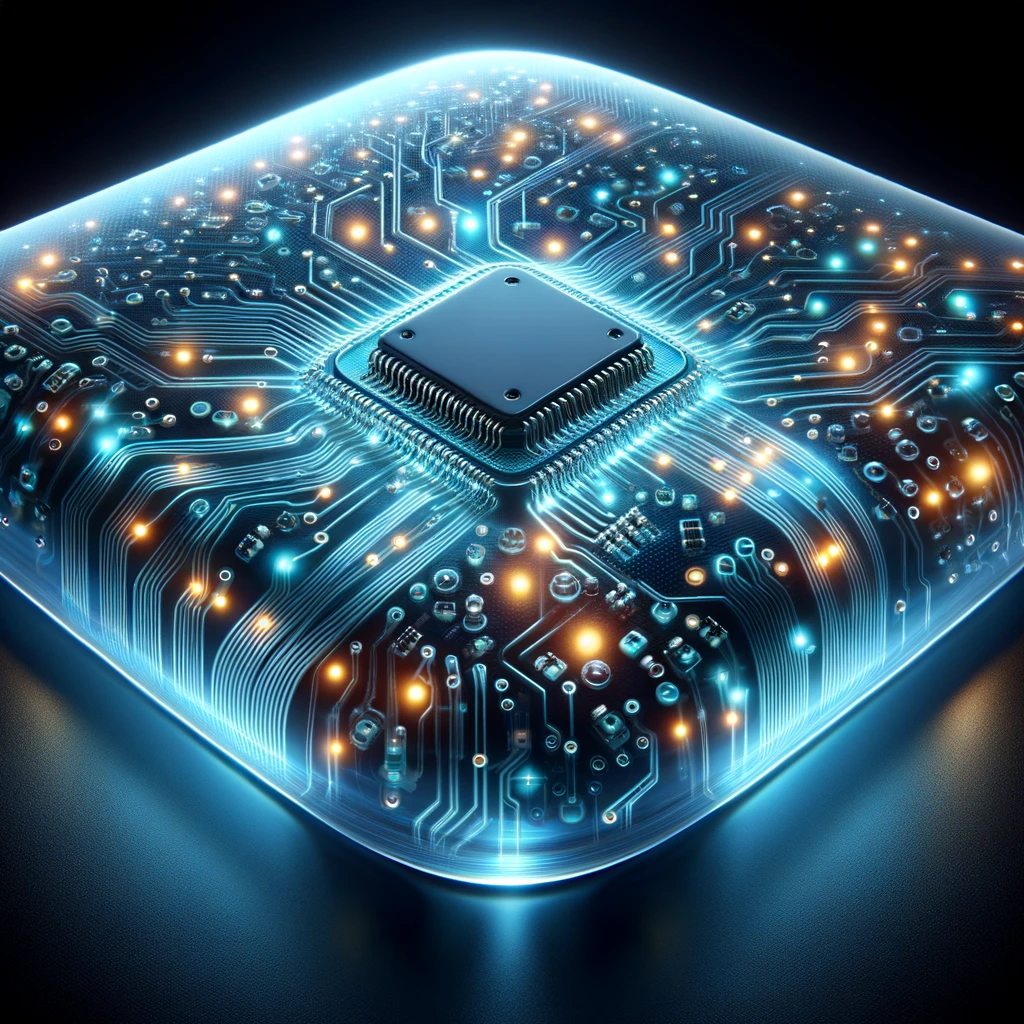Smart Plastics: IoT and AI for Next-Gen Applications

Plastics have evolved beyond their ubiquitous presence in everyday products to become intelligent.
The fusion of the Internet of Things (IoT) and Artificial Intelligence (AI) is launching the era of “smart plastics.” These materials aim to revolutionize the functionality and efficiency of plastics in healthcare, automotive, and consumer products.
You can also read: AI for Enhanced Materials Development and Manufacturing
Transforming the Industry
In the healthcare sector, smart plastics are changing how medical treatments are administered and monitored. Consider medical devices from plastics that detect a patient’s condition changes and adjust automatically, or drug delivery systems that modify dosages in real-time to meet patient needs. Such innovations aim to enhance patient outcomes, minimize medical errors, and support personalized medicine.
The automotive industry benefits significantly from smart plastics. Integrating IoT and AI allows vehicle plastics to gain advanced features, including self-healing properties, color or texture changes in response to environmental shifts, and improved safety through sensors. These features boost vehicle performance and durability while enhancing the driving experience with interactive elements.
In consumer products, smart plastics are making items more interactive, durable, and adaptable. Packaging that indicates freshness levels and toys that change based on usage exemplify the limitless possibilities. Smart plastics make products more engaging and sustainable by extending their life and recyclability.
Plastics and IoT Integration
Companies are advancing towards IoT connectivity, as seen with Medtronic, a leader in medical technology. They champion smart plastics in medical devices, demonstrating innovation in patient care with smart, implantable devices for chronic conditions like heart disease and diabetes.
Similarly, Stryker focuses on smart plastics for hospital beds and surgical equipment, enhancing patient safety, meeting patient needs automatically, and streamlining workflows with sensor-embedded plastic composites.
Overcoming Challenges
Integrating IoT and AI into plastics presents challenges, including data security, privacy, environmental impacts, and technical manufacturing hurdles. Despite these, smart plastics’ future is bright, promising a new generation of active, intelligent materials that enhance our daily lives. This melding of plastics with IoT and AI technologies marks a significant step towards a future where materials actively contribute to our world.

The application of gravimetric blenders is revolutionizing production processes and bringing significant advantages. As an advanced technology, gravimetric blenders offer numerous benefits to the bottle blowing, film blowing, injection molding, and sheet industries, from maintaining formula confidentiality to improving energy efficiency.